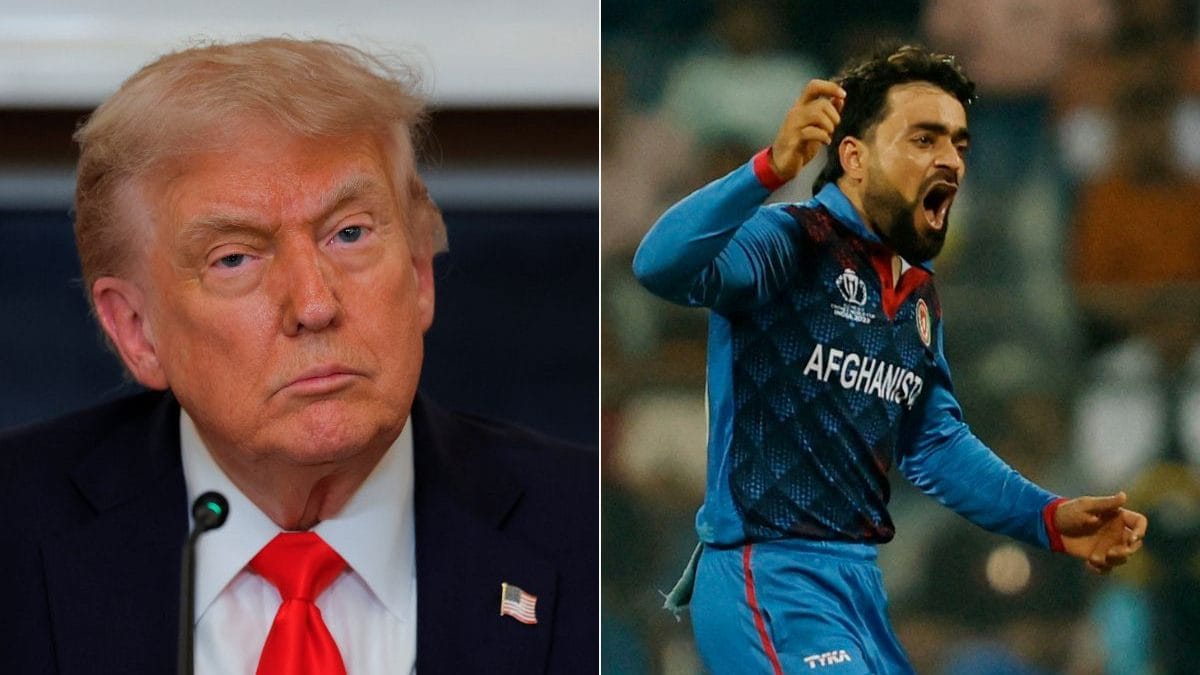

Donald Trump's recent travel ban, set to take effect on June 9, 2025, has sparked concerns and confusion across the globe, particularly regarding its impact on international sports. The ban restricts entry to the U.S. for citizens of 12 fully restricted countries and imposes partial restrictions on seven others. While the proclamation includes exemptions for athletes participating in major sporting events like the World Cup and Olympics, the broader implications for the sports world remain a subject of debate.
One immediate concern revolves around the FIFA World Cup 2026, which the U.S. will co-host. The executive order includes an exception for “any athlete or member of an athletic team, including coaches, persons performing a necessary support role, and immediate relatives, traveling for the World Cup, Olympics, or other major sporting event as determined by the Secretary of State.” Secretary of State Marco Rubio will decide which sports events get a carve out from President Trump's travel ban. It is assumed but not specified that the “World Cup” mentioned in the executive order applies to both the FIFA Club World Cup 2025, in which the world's top professional club teams are slated to play in U.S. venues this year, and the FIFA World Cup 2026, in which national teams compete next year. The USTA projected the events could potentially draw 8 million visitors “if we build the right processes for both the FIFA Club World Cup 2025 and the FIFA World Cup 26.”
Beyond these high-profile events, the impact on other sports and athletes is less clear. Track and field athletes, for example, frequently travel to the U.S. for training camps. While the exemption covers participation in the 2028 Olympics, it doesn't explicitly address the ability of athletes from banned countries to attend these crucial training camps. This uncertainty could disrupt training schedules and potentially disadvantage athletes from the affected nations.
The ban's impact extends beyond just athletes. Sports tourism is a significant economic driver, accounting for 10% of global tourism spending. Large-scale events like the World Cup and Olympics are projected to generate billions of dollars in economic output and support hundreds of thousands of jobs. Restrictions on travel could deter fans from affected countries from attending these events, potentially impacting revenue for local businesses and the tourism industry.
The restrictions do not apply to: foreign nationals who currently hold a valid U.S. visa, legal permanent residents, dual citizens entering the U.S. with a passport from a non-restricted country, athletes traveling for major sporting events such as the World Cup or Olympics, immediate relatives with clear and convincing evidence of identity and family relationship, adoptions, Afghan Special Immigrant Visas (SIVs), U.S. government employee SIVs, immigrant visas for ethnic and religious minorities escaping persecution in Iran.
The travel ban is already facing legal challenges, echoing the controversies surrounding similar measures implemented during Trump's first term. Opponents argue that the ban is discriminatory and could harm the U.S.'s reputation on the global stage. It remains to be seen how these legal challenges will unfold and whether the ban will be modified or overturned.